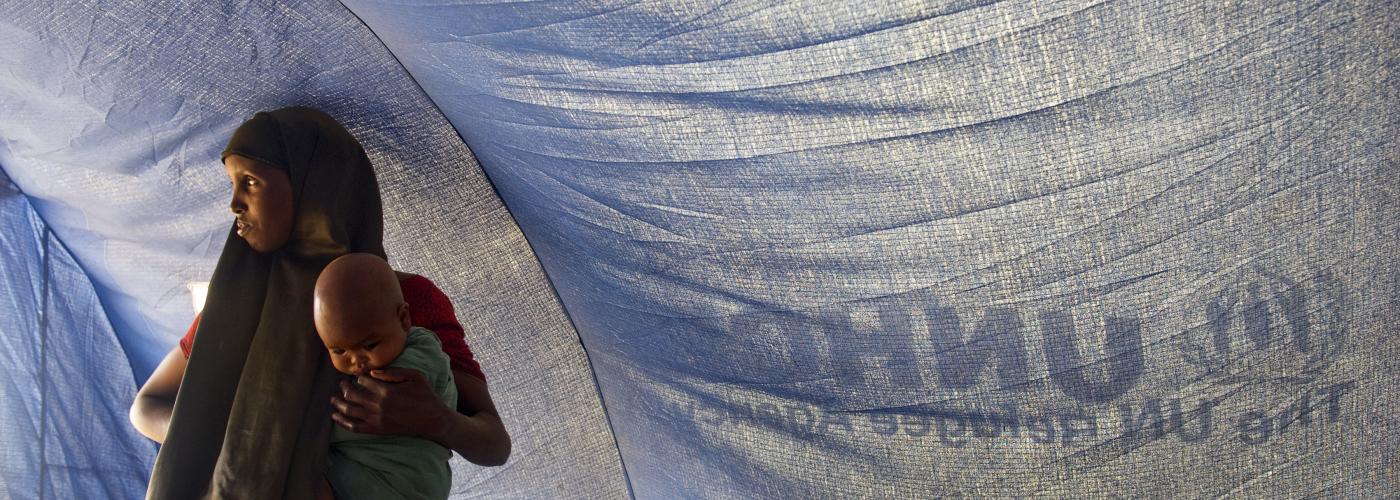General information
Title
SIA – Program "Feed Good Tanzania" for sustainable food systems and a healthy environment
ID
XM-DAC-2-10-7519
CRS ID
2022007519
Start date
End date
Activity status
Implementation
Budget
€1.395.445
Actor
NGO Iles de Paix
Country
TANZANIA
Sector
Multisector - Food security policy and administrative management
Policy markers
Nutrition 1
Gender 1
Desertification 1
Biodiversity 1
Climate: Mitigation 1
Climate: Adaptation 1
Environment 1
Good Governance 1
Trade Development 1
Aid type
Core support to NGOs, other private bodies, PPPs and research institutes
Priority partner country
Yes
Fragile state
No
Least developed country
Yes
Budgetline
54 20 356072 NGO Programs
Finance type
GRANT
Tied status
No
Flow type
ODA
Body
General
The program aims to improve the living conditions of farmers and social economy actors in the Arusha Region. The improved living conditions include increased incomes, better nutrition, food and nutrition security, reduced gender inequalities and protected natural resources.
To achieve this desired situation, the program will strengthen the commitment of the actors in favor of sustainable food systems by taking actions supporting an agro ecological transition of the food systems in the Arusha Region.
Indeed:
There is now a scientific consensus on the need for a radical change in our food systems to ensure food and nutritional security for all and to achieve the SDGs while preserving the environment.
Agro ecological transition is one of the major ways of radically transforming food systems, as recommended by the CFS (HLPE 2020 report): Agro ecological principles i) emphasize the right to food and the active participation of vulnerable groups and women in food strategies, ii) promote regenerative practices and iii) insist on diversity and resilience in the whole food system.
To reach this agro ecological transition, the program will:
Increase technical and financial capacities of farmers on agro ecological production practices, post-harvest management, food product processing and marketing
Facilitate the development of an institutional and policy framework i) supporting sustainable food systems and a healthy environment and ii) guaranteeing farmers’ rights
Organize general public awareness campaigns and training of citizens, students, journalists, restaurateurs on Sustainable Food Systems
Improve gender equality by i) training women in production techniques, management of their activities and sustainable management of the environment, ii) raising awareness of communities on the rights of women and iii) facilitating them in accessing finance In the Arusha Region - Tanzania, the commitment of the program's target actors to the co-construction of sustainable food systems and a healthy environment is strengthened.


